Mission Statement
Food is a unifying force that brings people together and is the fuel needed to live a productive, healthy, and meaningful life. I believe that access to affordable, quality, and culturally relevant food is a basic human right that must be secured for all people.
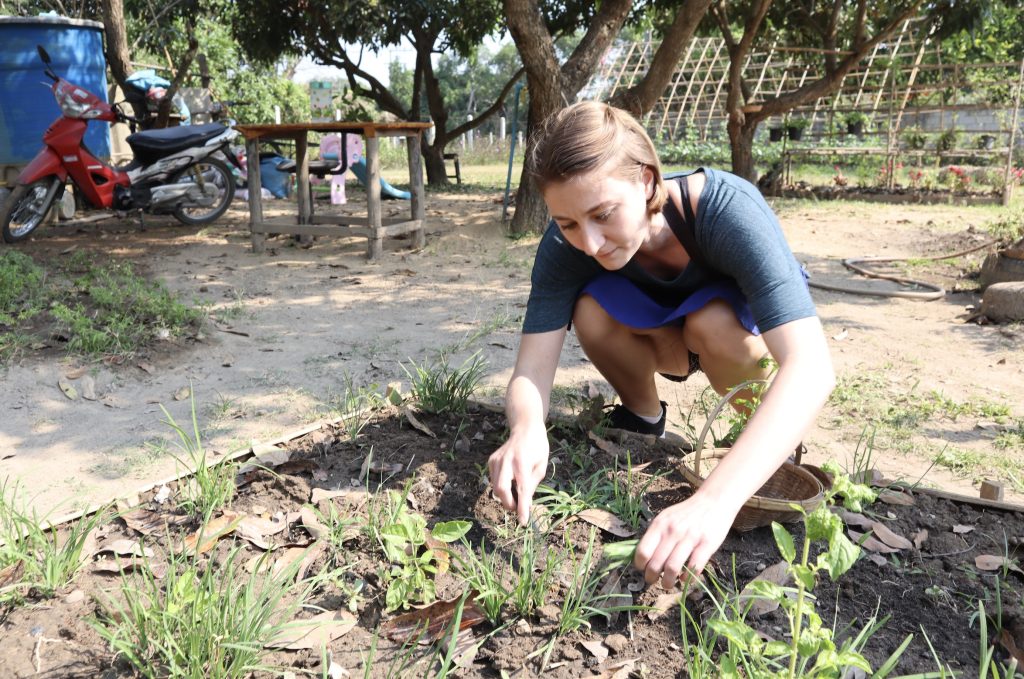
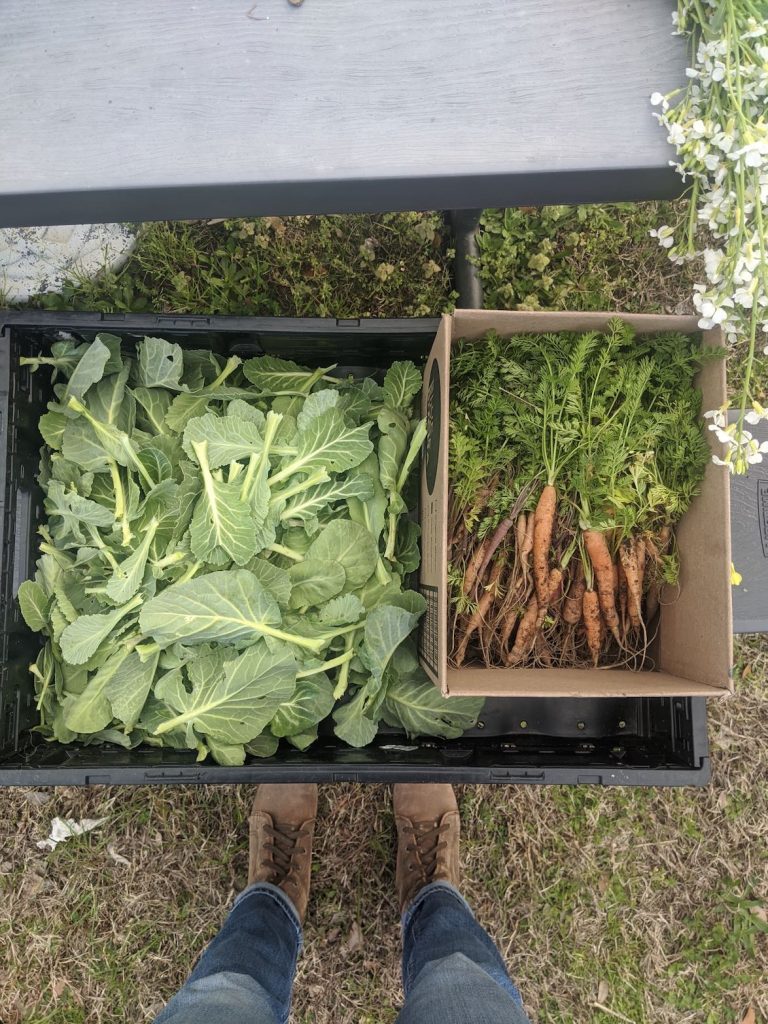

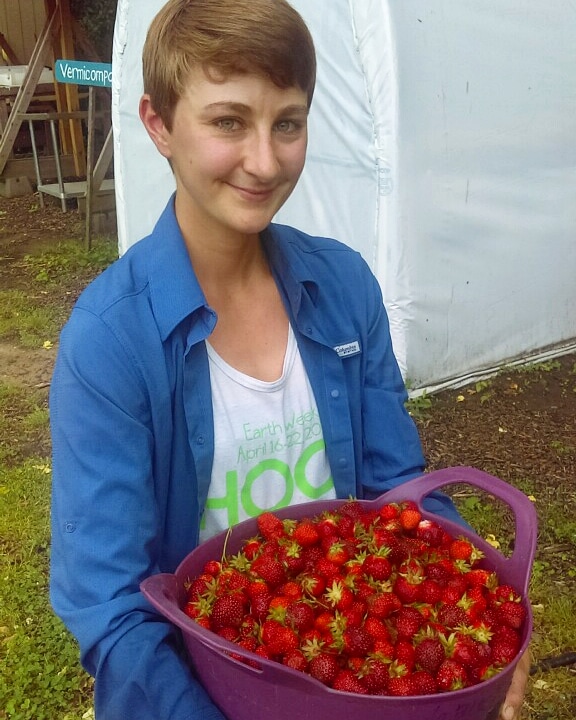
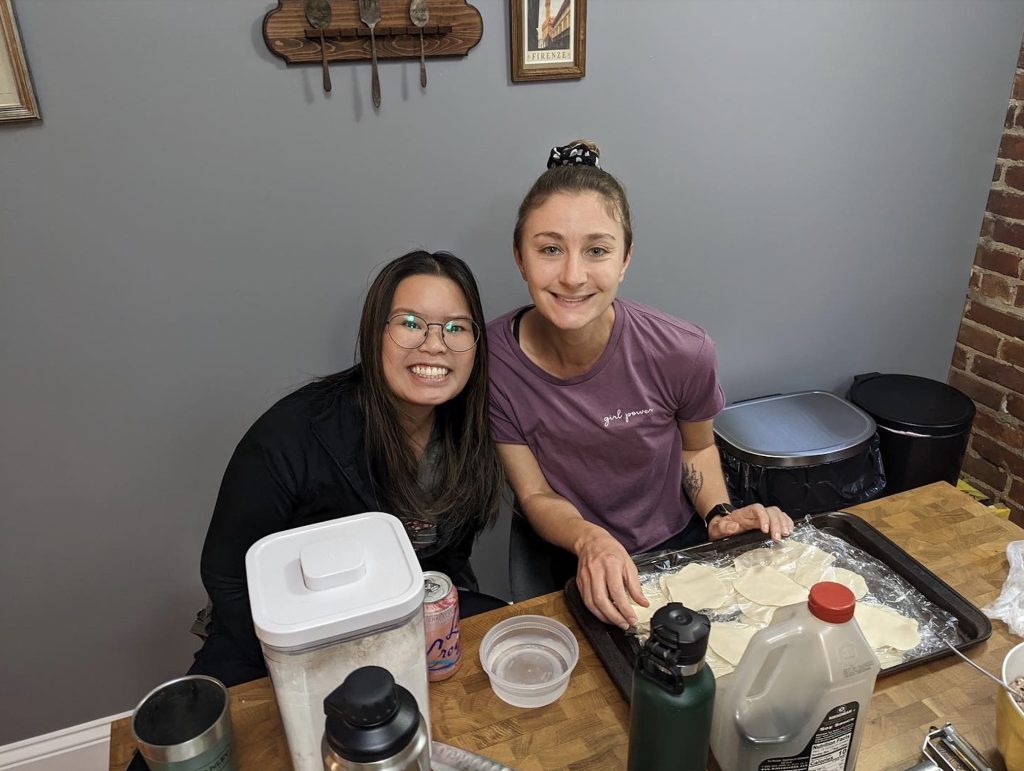
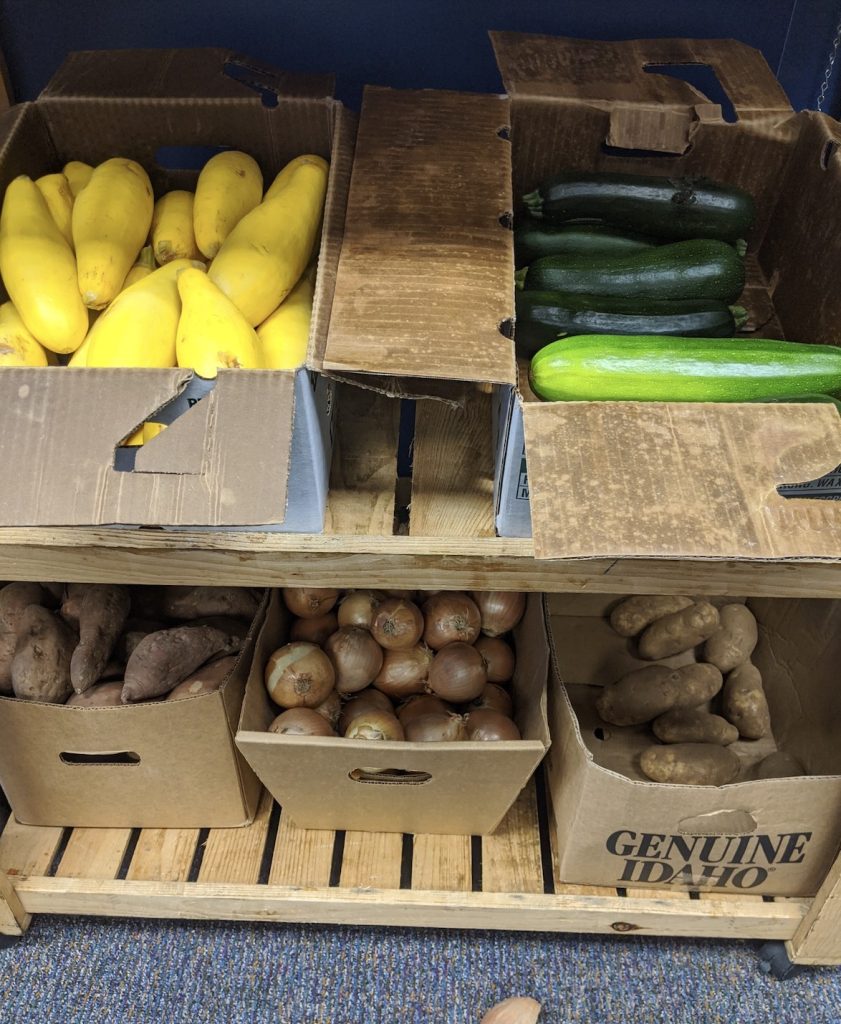
Top 3 Areas of Interest in Public Health
- Food Systems and Nutrition: Food security is fundamental to living a healthy and productive life. When individuals lack access to sufficient, quality food they face poorer health outcomes and limitations on the ability to perform in their lives. The design of food systems plays a large role in an individual’s ability to access food. Areas of food apartheid face limited access to quality food options due to historical disinvestment and chronic discrimination. This can look like a lack of full-service grocery stores, high concentrations of fast food and convenience stores, and limited access to public transportation. Nutritious food options like fresh fruits and vegetables tend to be more expensive when sold in convenience stores compared to full-service grocery stores, so the cost of maintaining a healthy diet is typically higher in areas of food apartheid. In this way, food systems can negatively impact community nutrition, leading to the development of diet related diseases like type 2 diabetes and hypertension. I am passionate about combining my foundation of Urban Planning with my new Public Health knowledge to redesign food systems at the local level to promote health for all communities.
- Community-Based Research: I believe that any Public Health work aimed at improving health outcomes or instilling behavior change in a population should be informed and driven by that population’s specific needs. Community-based research is one way to identify these needs through directly involving community members in the research process. This form of research is collaborative and engages the community throughout the entire process. It also has the overall goal of initiating action to promote change as opposed to solely adding to knowledge. I find this type of research to be extremely impactful and rewarding, and I am interested in using these methods to improve the health of communities through food system redesign.
- Health Disparities: Due to structural inequalities and discrimination, many populations in the U.S. face worse health outcomes at no fault of their own. These inequalities are often based on demographic factors like income, race, gender, sexual orientation, weight, and age. As Public Health professionals, I believe it is our responsibility to be aware of these disparities and actively work to address them as we aim to impact the health of communities. By addressing the health disparities faced by the most disadvantaged communities, we can ensure the health of all individuals.
Contribution to Public Health
Through my work as a Public Health professional I will work to equip communities to rebuild their food systems by centering their voices and allowing them to drive progress and change. I will use community-based research and relationship building to identify existing strengths and opportunities for improvement, understanding that every community is different and solutions will be unique to every locality. Throughout my efforts, I will continuously challenge unjust systems that disproportionally impact minority populations and seek to improve health outcomes for all.